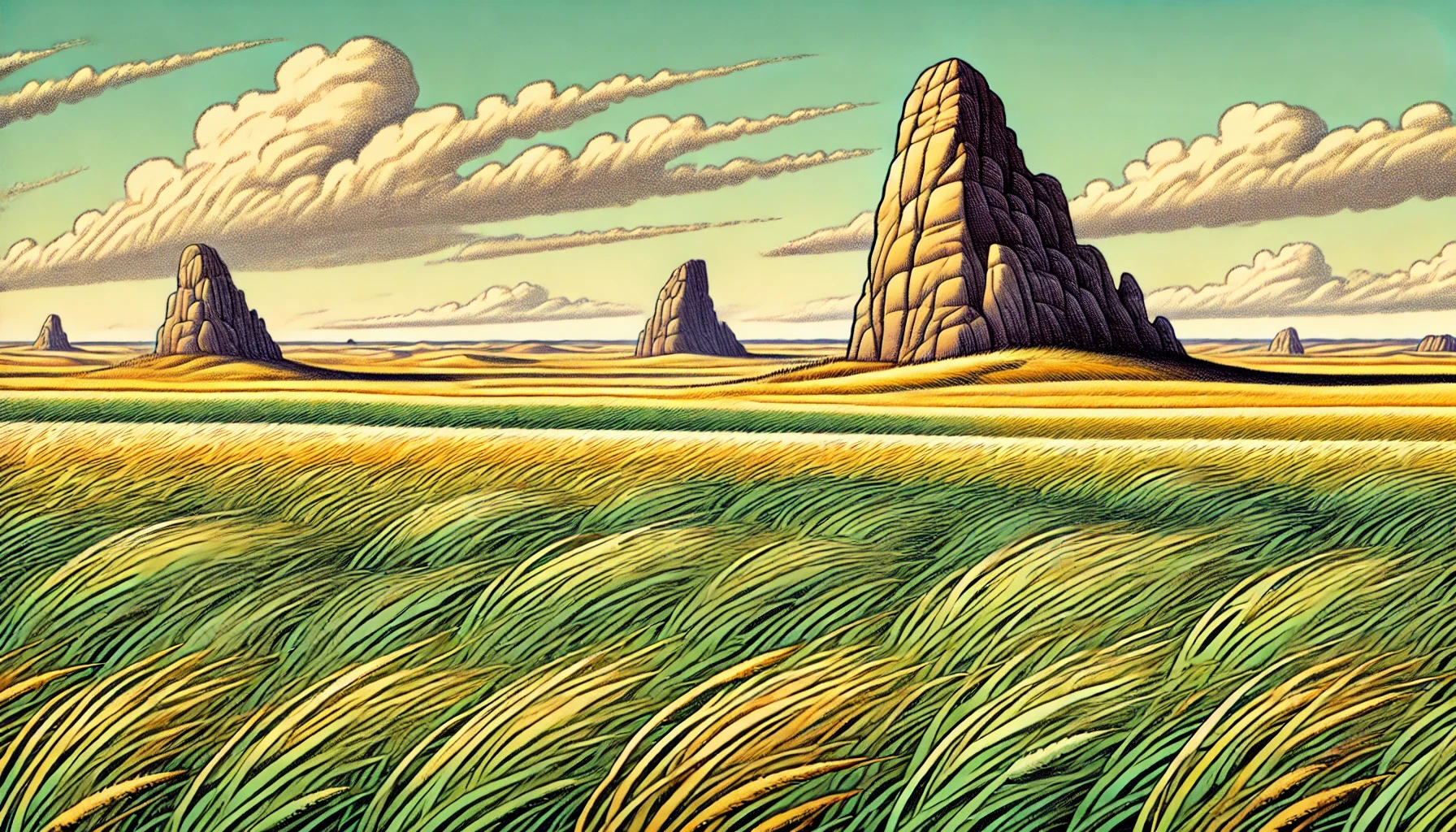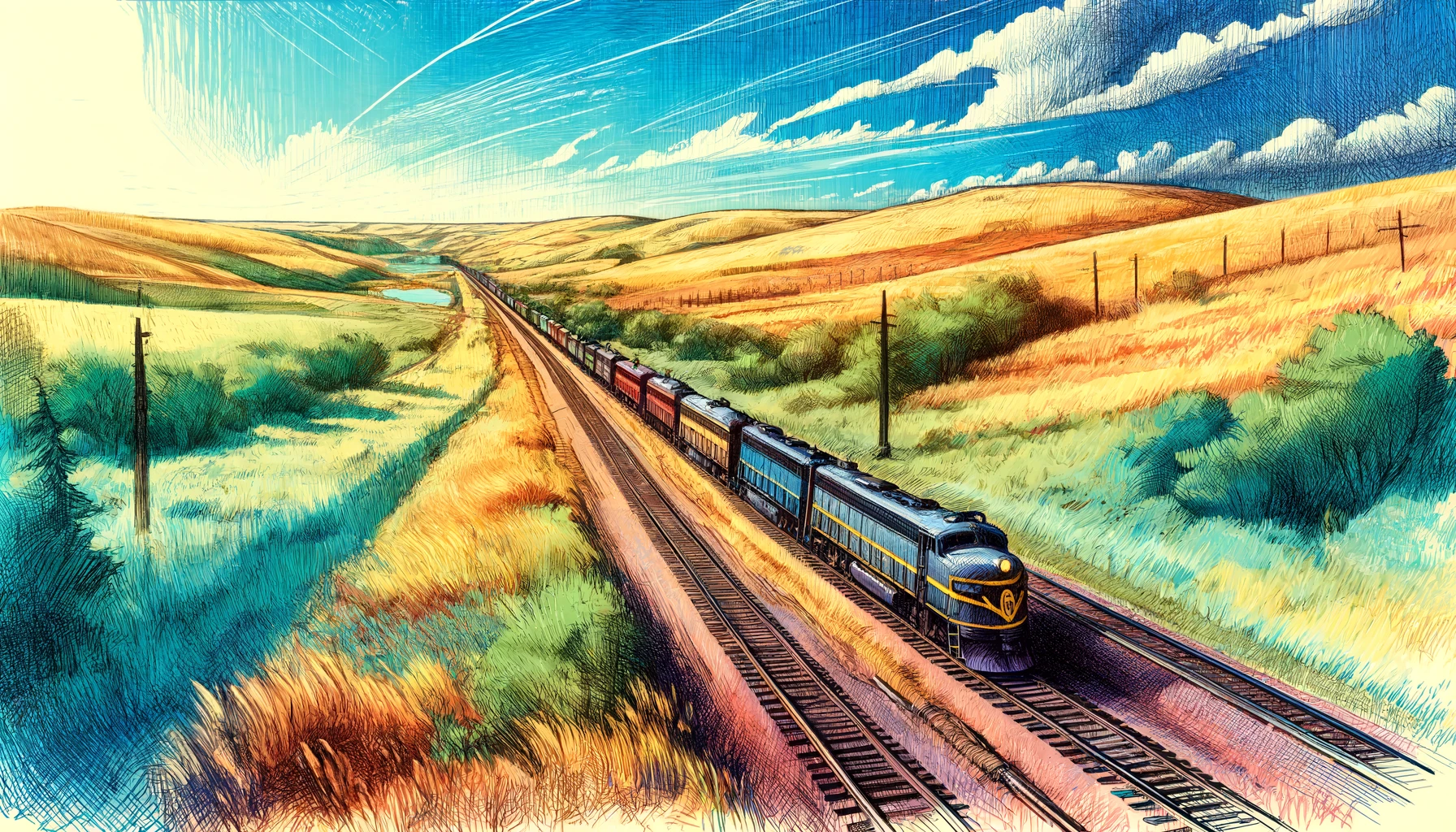Historic Nebraska Dance Halls

Traveling through Nebraska, visitors often find themselves immersed in the state's rich cultural heritage, particularly in its historic dance halls. These iconic venues have been the epicenter of community gatherings, social events, and musical performances for generations, providing a unique glimpse into Nebraska's history. Many of these dance halls were constructed in the early 20th century, often serving as the primary social hub for rural communities.
One of the most notable examples is the famous Brownville Lyceum in Brownville, a town located in southeastern Nebraska along the Missouri River. Built in 1856, this historic dance hall has hosted numerous performances, lectures, and community events, including concerts by renowned artists such as ragtime pianist Fats Waller. The Brownville Lyceum is one of the oldest continuously operating dance halls in Nebraska and has been listed on the National Register of Historic Places since 1970.
Another prominent historic dance hall in Nebraska is the Village of Roseland's Roseland Hall, situated in the rural town of Roseland in central Nebraska. Constructed in 1919, this charming venue has been the site of numerous weddings, anniversaries, and other community celebrations, showcasing the importance of dance halls in rural Nebraska's social fabric. Roseland Hall has also been listed on the National Register of Historic Places, highlighting its cultural significance in the region.
Nebraska's historic dance halls also reflect the state's strong German and Czech heritage, with many venues hosting polka and waltz performances by local and touring bands. The town of Verdigre in northeastern Nebraska is home to the historic Verdigre Opera House, which regularly hosts polka dances and festivals throughout the year. This 1917 building has been beautifully restored to its original grandeur, offering visitors a glimpse into Nebraska's early 20th-century entertainment scene.
Beyond their cultural and historical significance, Nebraska's historic dance halls provide a unique setting for special events and festivals. Many of these venues can be rented for private functions, such as weddings, anniversaries, or birthday celebrations, allowing guests to experience the state's rich cultural heritage firsthand. Visitors can also attend community events, such as polka festivals or live music performances, to immerse themselves in Nebraska's lively dance hall scene.
While some of Nebraska's historic dance halls have faced the threat of demolition or disrepair over the years, many have benefited from restoration efforts and nominations for listing on the National Register of Historic Places. The preservation of these iconic venues has helped ensure the continued vibrancy of Nebraska's cultural scene, allowing future generations to experience the magic of these historic dance halls.
Ultimately, visiting Nebraska's historic dance halls offers a fascinating glimpse into the state's rich cultural heritage and vibrant community spirit. From polka festivals to live music performances, visitors will find themselves immersed in a bygone era of entertainment and social gatherings, all set amidst the picturesque backdrop of rural Nebraska's rolling plains and charming small towns.
The enduring legacy of Nebraska's historic dance halls serves as a testament to the state's strong sense of community and cultural heritage, awaiting visitors to discover and experience its timeless charm.
One of the most notable examples is the famous Brownville Lyceum in Brownville, a town located in southeastern Nebraska along the Missouri River. Built in 1856, this historic dance hall has hosted numerous performances, lectures, and community events, including concerts by renowned artists such as ragtime pianist Fats Waller. The Brownville Lyceum is one of the oldest continuously operating dance halls in Nebraska and has been listed on the National Register of Historic Places since 1970.
Another prominent historic dance hall in Nebraska is the Village of Roseland's Roseland Hall, situated in the rural town of Roseland in central Nebraska. Constructed in 1919, this charming venue has been the site of numerous weddings, anniversaries, and other community celebrations, showcasing the importance of dance halls in rural Nebraska's social fabric. Roseland Hall has also been listed on the National Register of Historic Places, highlighting its cultural significance in the region.
Nebraska's historic dance halls also reflect the state's strong German and Czech heritage, with many venues hosting polka and waltz performances by local and touring bands. The town of Verdigre in northeastern Nebraska is home to the historic Verdigre Opera House, which regularly hosts polka dances and festivals throughout the year. This 1917 building has been beautifully restored to its original grandeur, offering visitors a glimpse into Nebraska's early 20th-century entertainment scene.
Beyond their cultural and historical significance, Nebraska's historic dance halls provide a unique setting for special events and festivals. Many of these venues can be rented for private functions, such as weddings, anniversaries, or birthday celebrations, allowing guests to experience the state's rich cultural heritage firsthand. Visitors can also attend community events, such as polka festivals or live music performances, to immerse themselves in Nebraska's lively dance hall scene.
While some of Nebraska's historic dance halls have faced the threat of demolition or disrepair over the years, many have benefited from restoration efforts and nominations for listing on the National Register of Historic Places. The preservation of these iconic venues has helped ensure the continued vibrancy of Nebraska's cultural scene, allowing future generations to experience the magic of these historic dance halls.
Ultimately, visiting Nebraska's historic dance halls offers a fascinating glimpse into the state's rich cultural heritage and vibrant community spirit. From polka festivals to live music performances, visitors will find themselves immersed in a bygone era of entertainment and social gatherings, all set amidst the picturesque backdrop of rural Nebraska's rolling plains and charming small towns.
The enduring legacy of Nebraska's historic dance halls serves as a testament to the state's strong sense of community and cultural heritage, awaiting visitors to discover and experience its timeless charm.
